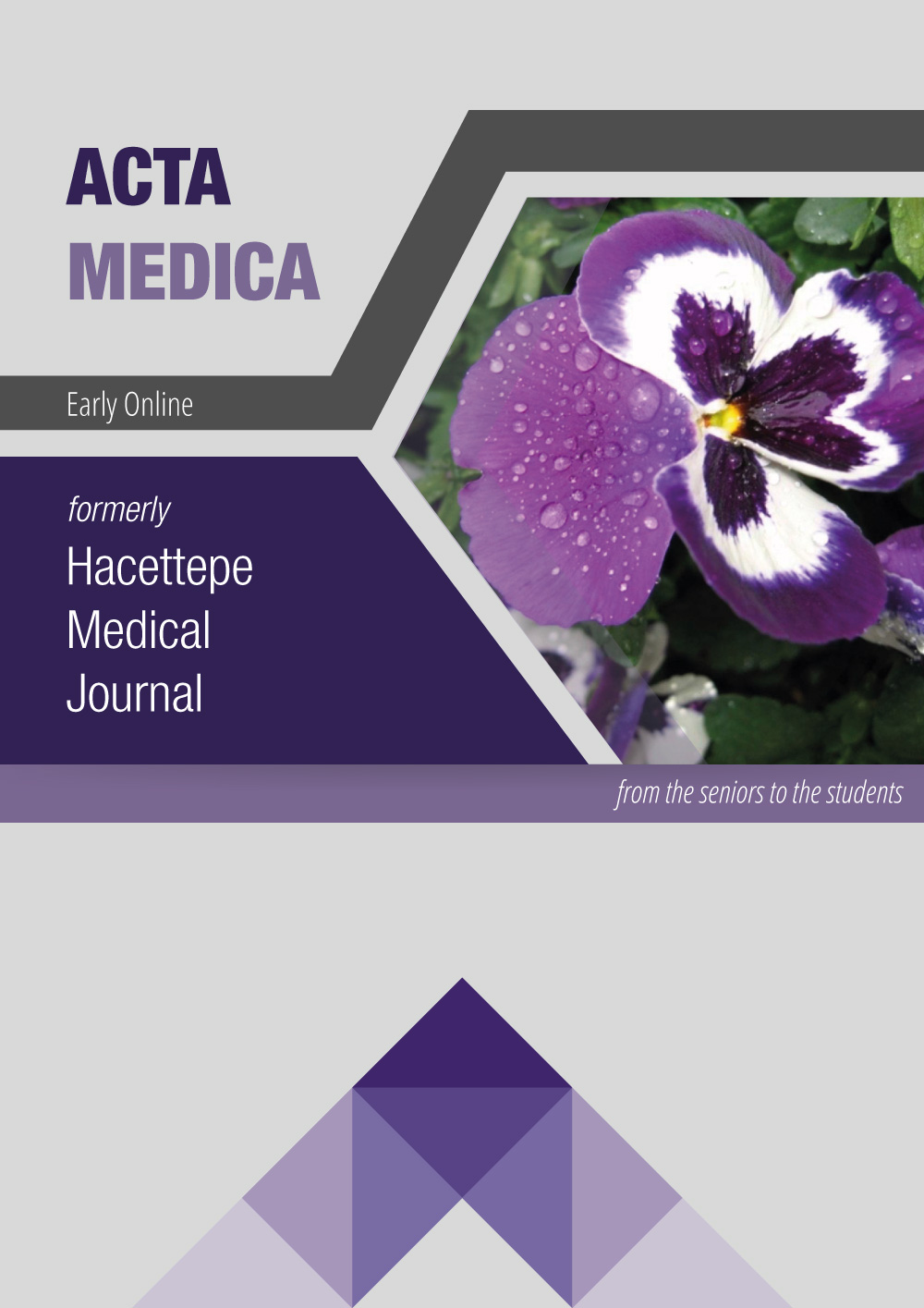The evaluation of Burnout level among nurses giving care to postwar Syrian refugee patients
Abstract
Background: Burnout is a physical and psychological syndrome. It involves fatigue, emotional exhaustion, depersonalization, and negative attitudes towards work and life. The aim of this study was to evaluate the burnout level of nurses dealing with increasing patient load due to the influx of postwar Syrian Refugees in Turkey. Material and Methods: This study was conducted on a total of 42 nurses working in the Surgical Services and Intensive Care Units of Killis State Hospital. The data of the study were a collection of survey questions prepared by the researchers to determine the sociodemographic characteristics of nurses and the determination of burnout using the Maslach Burnout Inventory. These questions were divided into three components, and scored for Emotional Exhaustion (EE), Depersonalization (D) and Personal Accomplisment (PA). Results: In this study, 88.1% of nurses were female (37 staff) and 11.9% were male (5 staff). The mean age was 28.35 ±5.73. 49.9% of the nurses had worked 40 hours a week, 50.1% had worked for more than 40 hours a week. 78.6% stated that they perceive their socioeconomic status as average. EE score of Maslach Burnout Inventory components of nurses was 20.26 ±6.12 (Normal values of the EE score: 0-36). The D score was 7.00 ±3.65 (Normal values of the D score: 0-20). and PA score was 3.75 ±13.47 (Normal values of the PA score: 0-32). EE score was higher among women than that of men (p <0.05). 76.2% of the nurses described their relations with patients as “bad”. 52.4% of the nurses stated that they were satisfied with their profession in overall. Conclusion: Emotional Exhaustion levels were found moderate while depersonalization and diminished personal accomplishment levels were low among nurses serving Syrian war refugees.
Key words: Refugee patients, civil war, Syria, nurses, burnout level


